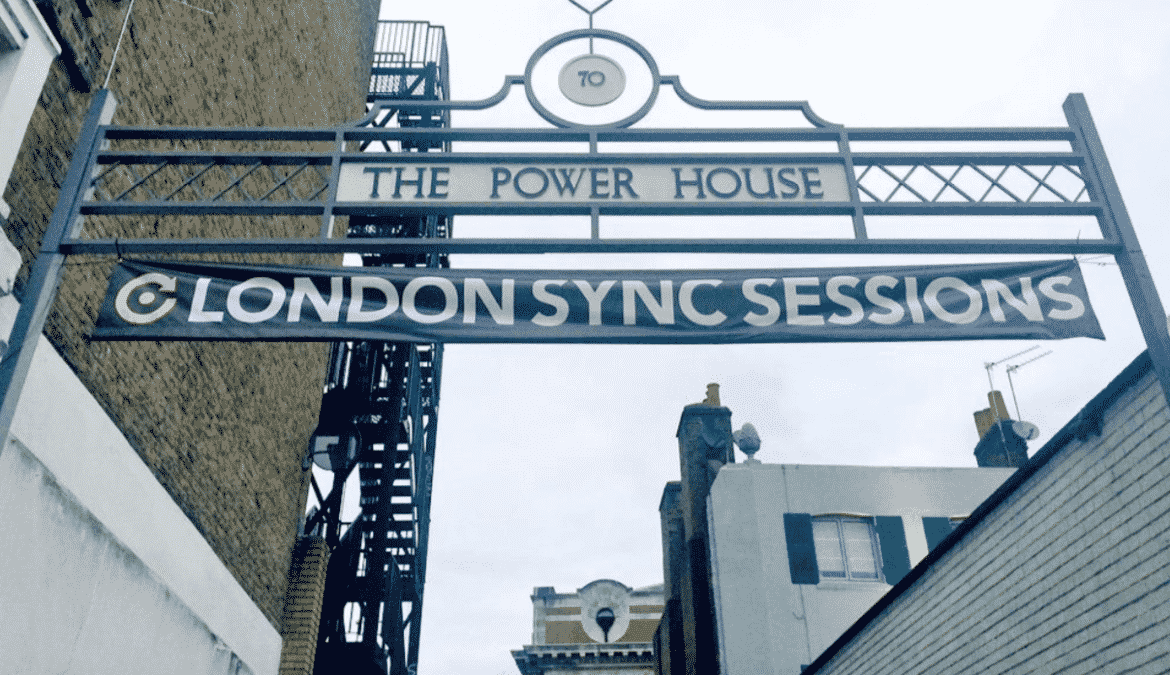As part of the “Nuances of Music Supervision” panel at the London Sync Sessions, 5 top music supervisors describe their ideal working situations.
During “The Nuances of Music Supervision” panel at the London Sync Sessions last week, top music supervisors in film, TV, advertising, and gaming described the intricacies of their role and their ideal working scenarios. Producers, editors, directors, brands and agencies – take note…
Andy Ross, Music Supervisor, Exit Strategy (Whiplash, The Grey)
“I find as a music supervisor on a film I’m a diplomat between the producer who’s employing me, and the director. The dream scenario for me is that the director is the main creative or the only creative, and they really have a creative vision for the music.
It’s much more fun for me facilitating their vision than giving them hundreds of suggestions, which we’re always happy to do as supervisors, but it’s a dream when they’ve got the whole thing planned. So it’s about having a great creative relationship with the director, and producers that are experienced enough to not think they have to be involved with every decision on every score cue.”
Ed Bailie, Music Supervisor, Leland Music
“In advertising, the producer and ad agency are essentially the boss of the project, and you have to keep everybody happy throughout that process. Our dream scenario would be getting involved really early in the production, sitting there with the director in treatment stage before it has been shot, and helping to formulate the campaign.
The best case is always a collaborative project where it is a roundtable. They are always the most successful jobs because every moving part is on the same track, and everyone’s got ideas that they’re not afraid to throw forward. So having a collaborative process across the team is highly important for the whole thing to work properly.”
Martin Hewitt, Music Supervisor, Sony Computer Entertainment
“I think it’s the same in games – you want to have a good relationship with the person who has the final say. It’s ideal to get a close relationship with the audio director or producer on the game, so they can explain what they’re trying to achieve, what they’re looking for, what the audience is – all those things lead you to good choices.”
Jason Alexander, Music Supervisor, Hit The Ground Running (CSI, Gotham)
“For me TV is very collaborative. Directors, producers and show runners are looking to us to execute their creative direction with them and for them. Collaborating with people who have a really strong vision and aren’t wishy-washy in where they want to go is very important.
During the first few episodes or season of a TV show, everyone is trying to establish their identity and their roles, so there’s some political navigation. If you have a strong team who know their roles, you can work with them closely and execute their vision, and when there’s an important use or scene or something very special you want to make that happen.
When a director needs a song to be cleared and you find out that the band has never licensed to TV before or is very previous about their music but their manager is a little inquisitive, you just think I hope this guy wants to do this! You send somebody a clip, they check it out, and it blows them away and they think their music is being used in a special and prestigious kind of way. The victory is when somebody agrees that their song is being used well and then you can work on making that clearance happen in a very short time.”
Lindsay-Bea Davis, Music Supervisor, VICE Canada
“I love to work directly with bands and have them establish relationships perhaps with other artists that I put into the picture as well. I’ve had a couple of examples where I’ve been able to connect an artist to another artist and they’ll play shows together or listen to each other’s music, and there’s a lot of heart that goes into those connections. I think most supervisors love it when there’s something really connected going on with the artists themselves – we work a lot with producers and directors and creative minds, and to get a chance to bring it back to the music – I think we all love that.
My favourite part of working at VICE is that we do have the opportunity to work with a brand that artists are excited about, so to mirror what was said about people really enjoying the placements and feeling good about where their music ended up and how it has been being portrayed and shared – whilst it can be a challenge to work with all of these creative minds, when you can have everybody on board with the finished project that’s really exciting. It’s a challenge to get there but it’s really rewarding and kind of why you get out of bed in the morning.”
